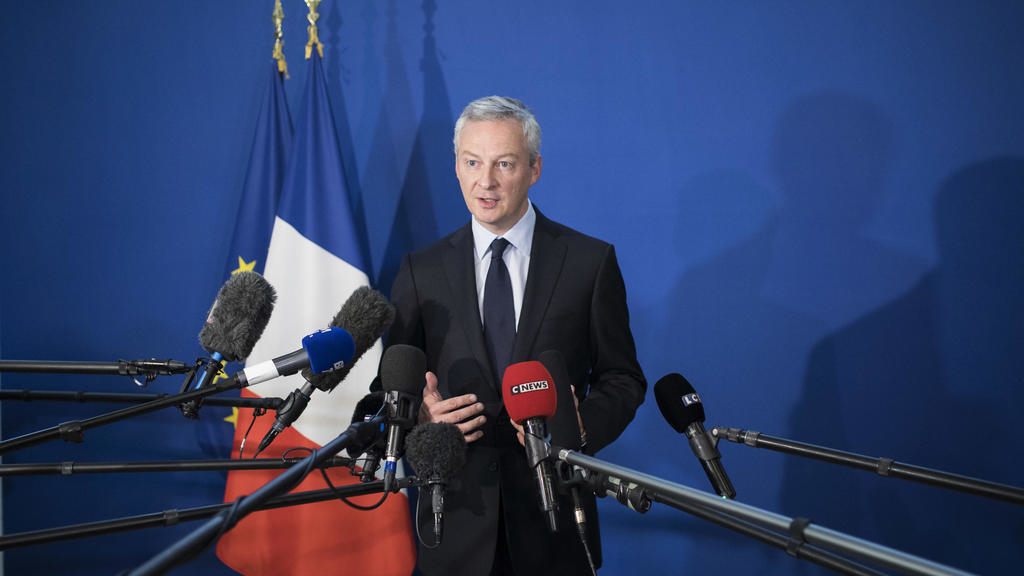Solidarity with poor countries and the tax on

The G20 economy opens this Friday, July 9, in Venice for two days. Face to face, the economists and finance ministers of the 20 richest countries will address several issues, solidarity with the poorest countries facing, as the IMF director says, “to a devastating double shock after the pandemic”. It will also be a question of the global tax on multinational companies. The negotiations are far from over.
The principle of a global tax of at least 15% seems to have been established. The figure can still be changed. The US wants to negotiate a higher interest rate.
But above all, it will be necessary to convince those countries that are still at odds within the European Union, Ireland, Hungary and Estonia that want to maintain their fiscal sanctuary. To adopt this tax, unanimity must be achieved within the Union.
“We have to be convincing,” Bruno Le Maire explains. The finance ministers hope to ratify these new rules this weekend, which should apply by 2023. This tax could give states $ 150 billion more in tax revenue each year.
Also read Agreement with the OECD on a new system for taxation of multinational companies
We may be wondering how all this can be arranged …
Antoine Colonna, tax lawyer
► Also read:G7 commits to a global corporate tax rate of at least 15%
No recovery in growth in poor countries
The second project in this G20 economy, solidarity with the poorest countries, which is still facing a pandemic due to a lack of vaccines, and which is therefore not experiencing growth in the rich countries.
Under discussion this weekend: the new edition of the SDR, the IMF’s special drawing rights, in the amount of 650 billion dollars.
The G20 countries must agree on the redistribution of these SDRs to the most vulnerable countries. A commitment by Emmanuel Macron at the recent summit on financing African economies.
► Read also: G20 Economy: NGOs demand a massive support plan for poor countries
.
